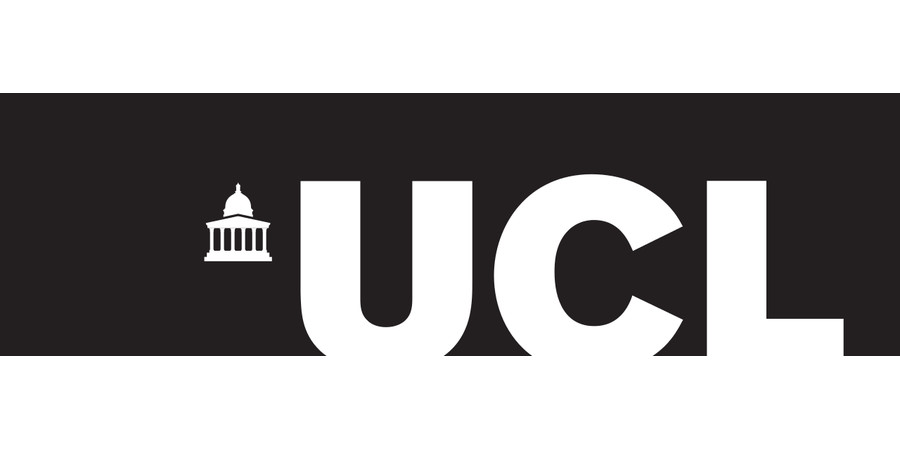PhD Studentship: Mapping Phage Diversity through Population-Scale Metagenomics in the Hunt for Novel Antimicrobials
UCL - London Centre for Nanotechnology
| Qualification Type: | PhD |
|---|---|
| Location: | London |
| Funding for: | UK Students, EU Students |
| Funding amount: | Stipend at UKRI rate |
| Hours: | Full Time |
| Placed On: | 26th November 2025 |
|---|---|
| Closes: | 12th January 2026 |
| Reference: | CDT-AMR 2026 001 |
Supervisors:
Abstract
Phages - viruses that infect bacteria - are rich sources of molecular diversity with potential applications in antimicrobial discovery. This project will use large-scale metagenomic mining to uncover novel phage-host associations and identify phage-encoded enzymes, such as endolysins, with antibacterial activity. By integrating evolutionary genomics, microbial ecology, and bioinformatics, the project will generate a curated catalogue of phages host relationships, and enzymes for future experimental validation.
Approach and Methods
- Metagenomic mining and assembly to recover host-phage associations.
- Phylogenetic analysis of recovered co-evolutionary relationships.
- Gene annotation and comparative genomics to identify candidate antimicrobial enzymes.
- Mapping bacterial defence systems to infer predictive features of co-evolutionary dynamics.
Impact and Outlook
This project will:
• Advance understanding of microbial co-evolution.
• Deliver a curated resource of phage-host-enzyme associations.
• Identify promising candidates for phage-derived antimicrobials.
Training and Student Development
The successful applicant will gain expertise in:
- Large-scale metagenomic assembly and genome recovery
• Comparative genomics and molecular evolution
• Machine-learning-based protein prediction
• Data integration, bioinformatics and phylogenetics
• Scientific reasoning and interdisciplinary communication
Research Environment
The project will be hosted in two collaborative, interdisciplinary labs with expertise in:
- Evolutionary microbial genomics and phylogenetics/population genetics (van Dorp Lab)
• Environmental microbiology, phage biology and metagenomics (Santini Lab)
Both labs promote open research culture and have a strong track record of PhD supervision.
Desirable Prior Experience
Previous experience working in the field of microbial genomics, bioinformatics or computational biology would be desirable
How to apply
This project is offered as part of the Centre for Doctoral Training in Engineering Solutions for Antimicrobial Resistance. Further details about the CDT and programme can be found at AMR CDT webiste.
Applications should be submitted by 12th January 2026.
Advert information
Type / Role:
Subject Area(s):
Location(s):









